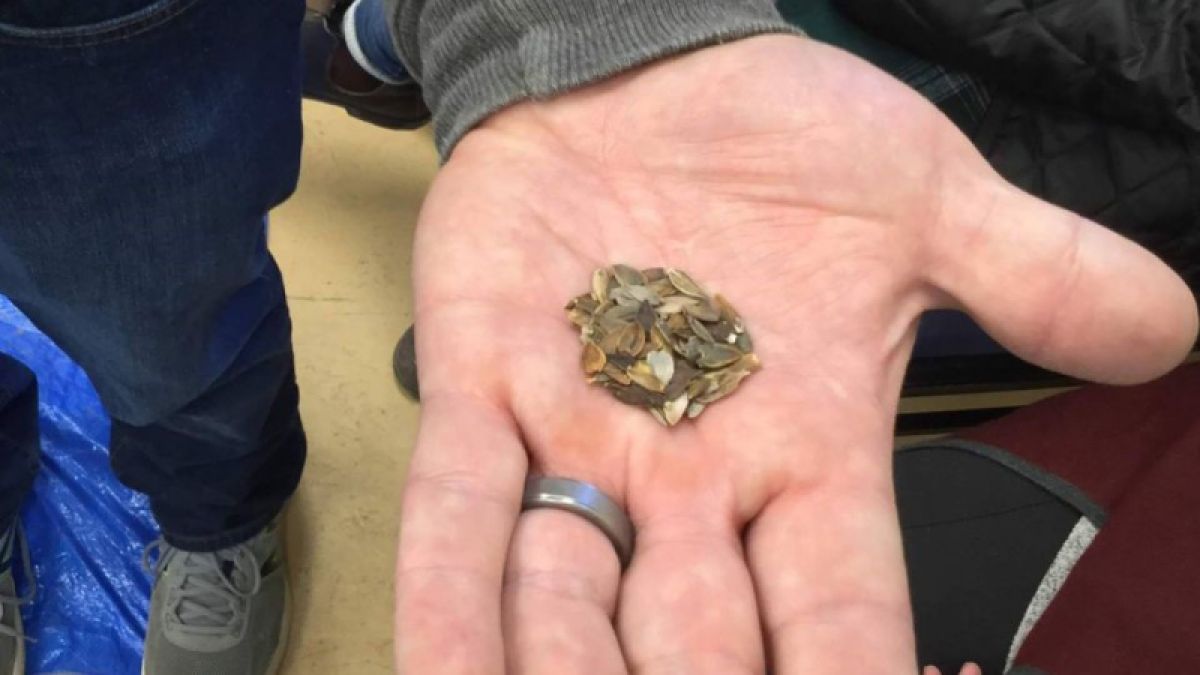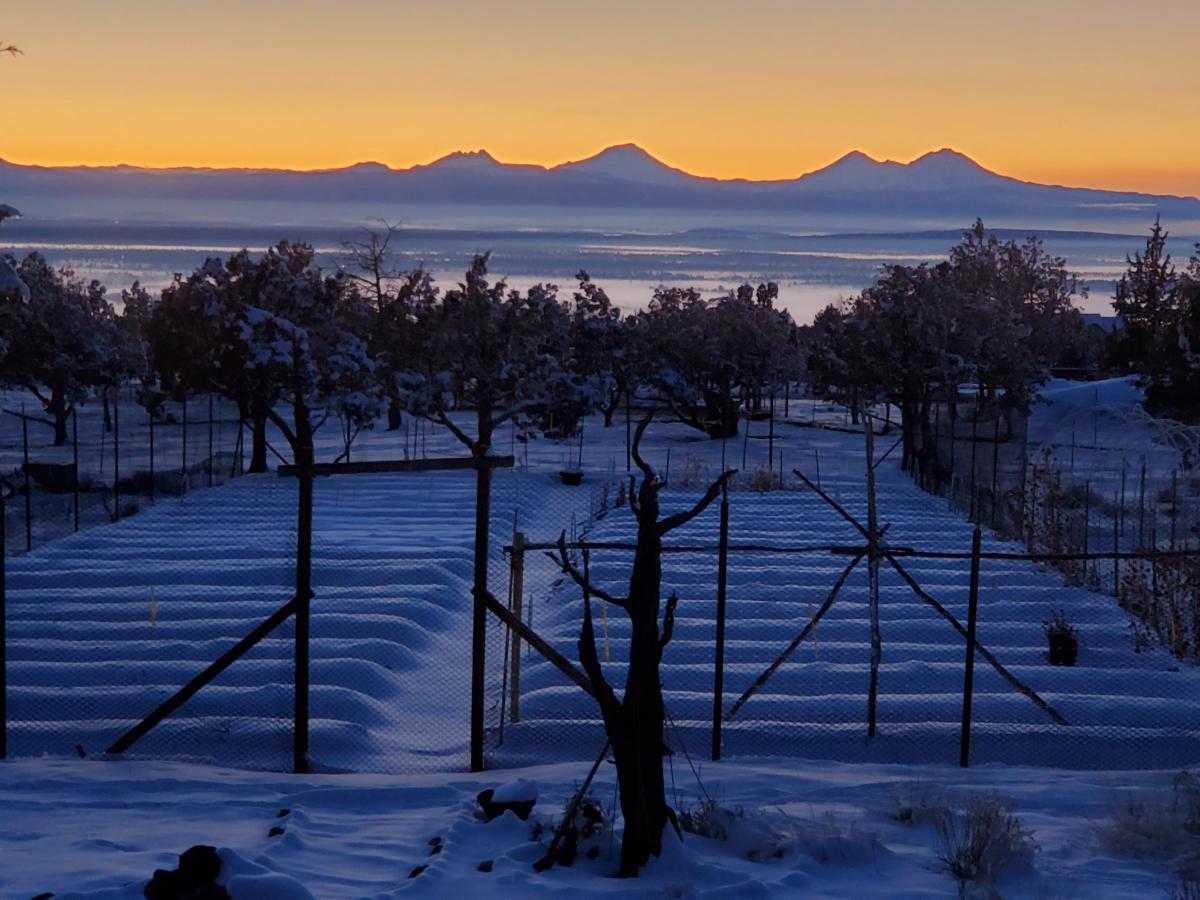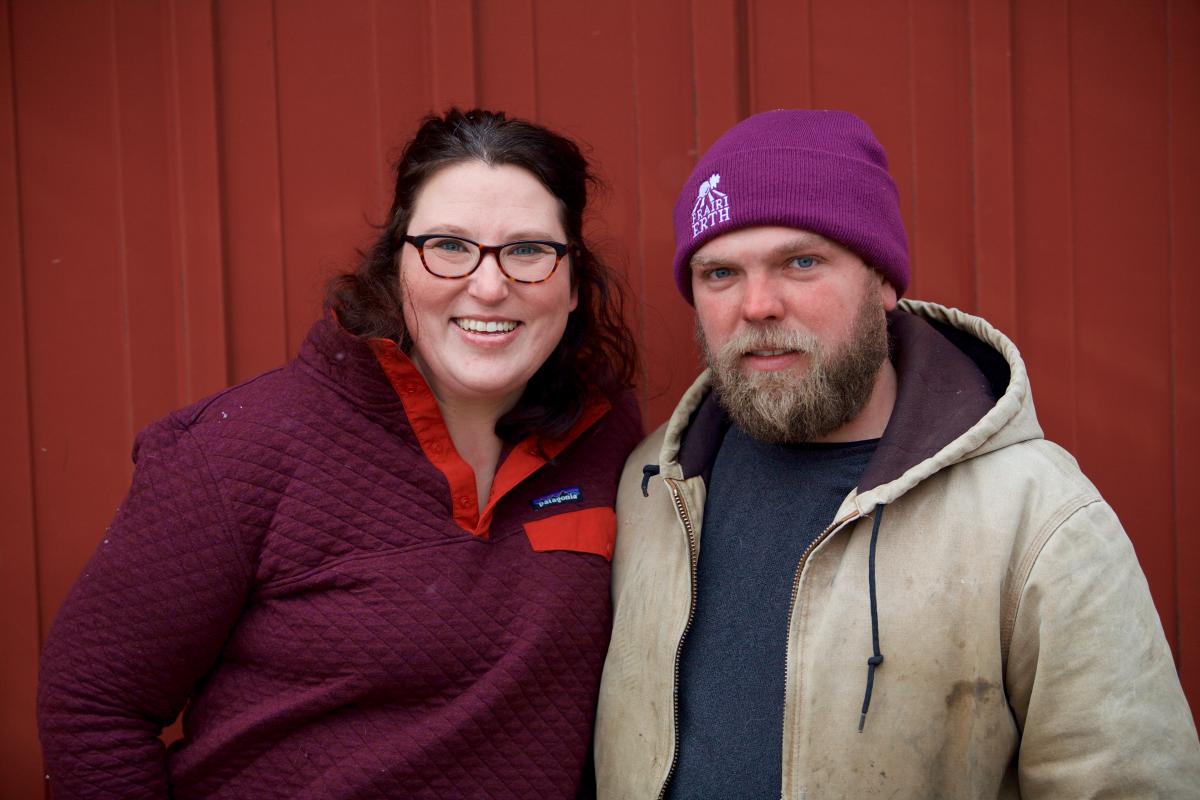
Seed companies are seeing historic levels of demand this year from home gardeners and commercial farmers, and they are having a hard time keeping up. (PROVIDED BY FEDCO SEEDS)
Steve Larimore was hoping to triple the size of his garden this year.
Once the seed catalog arrived at his home near Bend, Ore., Larimore excitedly got his order together. He then went online and began adding the different seed varieties to his cart, only to discover about a third of the items he wanted were unavailable.
Tomatoes? Sold out. Kale? Gone. Sweet corn? Nope.
“I was pretty discouraged,” he says. “There were some things that I’ve grown before that I really like and I wanted to grow again and they didn’t have those.”
Home gardeners all over the country are facing similar problems in sourcing seeds for their spring gardens, largely because there are so many of them. COVID-19 gardens have gained popularity during the pandemic with more people working from home and wanting to grow their own food in the wake of supply chain disruptions.
Last year, nurseries and seed companies reported historic levels of demand for their products. So far, this year is no different.
“The closest before COVID hit was during Y2K, and Y2K was this little blip compared to this,” says Nikos Kavanya, a purchaser for Fedco Seeds based in Maine.
Since the pandemic started, they typically reach their daily order limit within 10 minutes.
“It feels to me like the gold rush, you know, and everybody’s at the starting line and the gun goes off and [boom],” she says.

To keep up with demand, Fedco has hired more customer service representatives, increased the number of daily worker shifts and had to source seeds from additional suppliers. All this amid a pandemic, with employees mostly working from home and less room in the factory to account for social distancing.
But, a seed shortage? Kavanya says no.
“It’s not so much the shortage of seed, but it’s that we don’t have the staffing to ramp up that quickly, especially in COVID,” she says.
Another seed company -- Baker Creek Seeds based in Missouri -- is seeing more demand than ever before.
“This is our very busy season,” says Kathy McFarland with Baker Creek. “But the height of our busy season now is like five to six times what it has ever been in the past.”
Their seed packing machines can’t keep up with the amount of orders coming in, so managers have had to bring in additional human hands to help sort and package seeds.
The company is also in the process of constructing a larger warehouse in order to expand their operations.
“We are now figuring out that that 50,000-square-foot warehouse is not big enough,” McFarland says. “We’re looking to expand again already before we even have that one up and running.”
While there’s currently no threat of an overall seed shortage, the run on seeds is causing shortages of certain produce varieties. And that’s causing problems for commercial farmers, who carefully plan their yearly crop based on specific factors, like climate, irrigation needs, harvest timing and yield.

Hans Bishop is in charge of seed acquisition for PrairiErth Farm located in central Illinois. This year, he says his job has been “riddled with challenges at every corner.”
Bishop has had to make some adjustments to his usual order, including buying different kinds of onions.
“We don't know how these different varieties are going to perform,” he says. “If we're trying something new, we're just going to have to wait and see if it performs the same or better or worse than ... the varieties that we have grown to trust over the years.”
Next year, he says he’ll try to get in ahead of the home gardeners when ordering his seeds.
Steve Larimore, the Oregon gardener, says next year he’s aiming to avoid the mayhem altogether by saving seeds from this year’s garden.
“That definitely saves you a lot of money,” he says. “And then you’ve got some bartering stock.”
Follow Dana on Twitter: @DanaHCronin













